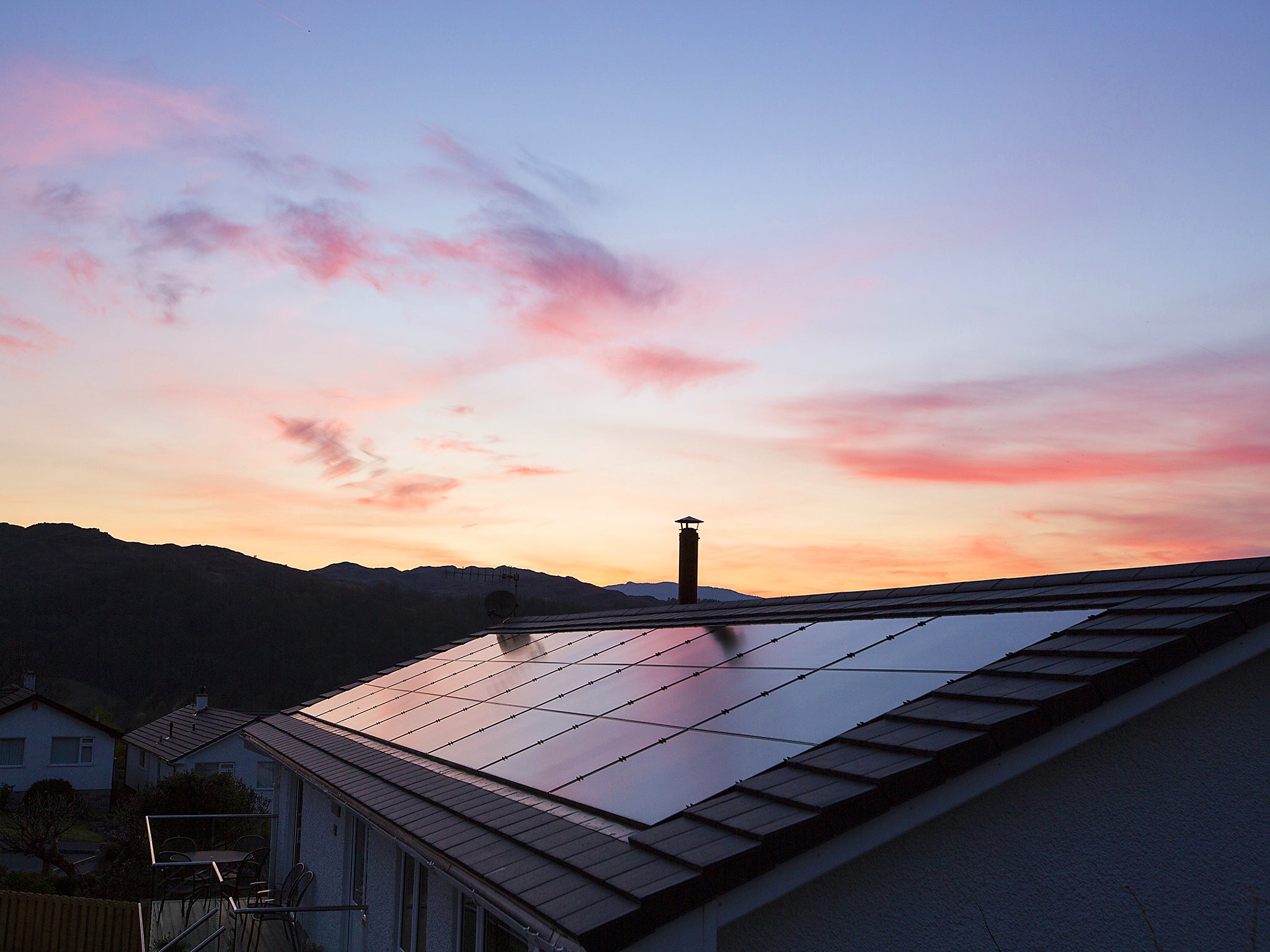Germany paid people to use electricity over the holidays because its grid is so clean
Power prices went negative in Germany on Christmas - and the phenomenon is less rare than you may think

Your support helps us to tell the story
From reproductive rights to climate change to Big Tech, The Independent is on the ground when the story is developing. Whether it's investigating the financials of Elon Musk's pro-Trump PAC or producing our latest documentary, 'The A Word', which shines a light on the American women fighting for reproductive rights, we know how important it is to parse out the facts from the messaging.
At such a critical moment in US history, we need reporters on the ground. Your donation allows us to keep sending journalists to speak to both sides of the story.
The Independent is trusted by Americans across the entire political spectrum. And unlike many other quality news outlets, we choose not to lock Americans out of our reporting and analysis with paywalls. We believe quality journalism should be available to everyone, paid for by those who can afford it.
Your support makes all the difference.People in Germany essentially got paid to use electricity on Christmas.
Electricity prices in the country went negative for many customers - as in, below zero - on Sunday and Monday, because the country's supply of clean, renewable power actually outstripped demand, according to The New York Times.
How this happens
The phenomenon is less rare than you may think.
Germany has invested over $200 billion in renewable power over the last few decades, primarily wind and solar. During times when electricity demand is low - such as weekends when major factories are closed, or when the weather is unseasonably sunny - the country's power plants pump more electricity into the grid than consumers actually need.
The disparity arises because wind and solar power are generally inconsistent. When the weather is windy or sunny, the plants generate a lot of electricity, but all that excess power is difficult to store. Battery technology is not quite advanced enough to fully moderate the supply to the grid.
So when the weather is hot, like it was in parts of Germany over the weekend, and most businesses are closed, plants generate an excess supply of power despite unusually low demand. Then it's a matter of simple economics - prices, in effect, dip below zero.
It's important to note that Germany's utilities companies aren't depositing money directly into consumer's accounts when this happens. Rather, the periods of negative-pricing lead to lower electricity bills over the course of a year.
The New York Times reported that some manufacturing plants and offices were incentivized to use electricity, at a cost of $60 per megawatt-hour. And earlier this year, power prices in Germany spent a total of 31 hours below zero during an unseasonably warm October, according to The Times.
A key challenge for the transition to renewables
Traditional power grids - which mostly rely on fossil fuels to generate electricity - are designed so that output matches demand. But renewable energy technology hasn't yet been developed to produce according to demand, since generation is a function of weather.
That's “one of the key challenges in the whole transition of the energy market to renewable power,” Tobias Kurth, the managing director of Energy Brainpool, told The Times.
As storage technology lags behind the efficiency of renewable power sources, it's likely that this negative-pricing situation will occur again. In that case, governments might need to provide incentives for people to increase their power usage when prices go negative.
These irregularities need to get figured out sooner rather than later, since renewable energy is growing rapidly, driven by the declining cost of technology and government subsidies. The International Energy Agency predicts that renewable energy will comprise 40% of global power generation by 2040. In the next five years, the share of electricity generated by renewables worldwide is set to grow faster than any other source.
In Britain, renewable energy sources generated over triple the electricity as coal did in 2017, according to The Guardian. In June, during a particularly windy night, power prices actually went negative in Britain for a few hours as well - and it's likely to happen again.
• Man who studied rich people found 3 etiquette aspects they never shirk
• 11 horrible body language habits that are hard to quit
• How the ancient Greeks proved Earth was round over 2,000 years ago
Read the original article on Business Insider UK. © 2016. Follow Business Insider UK on Twitter.
Join our commenting forum
Join thought-provoking conversations, follow other Independent readers and see their replies
Comments